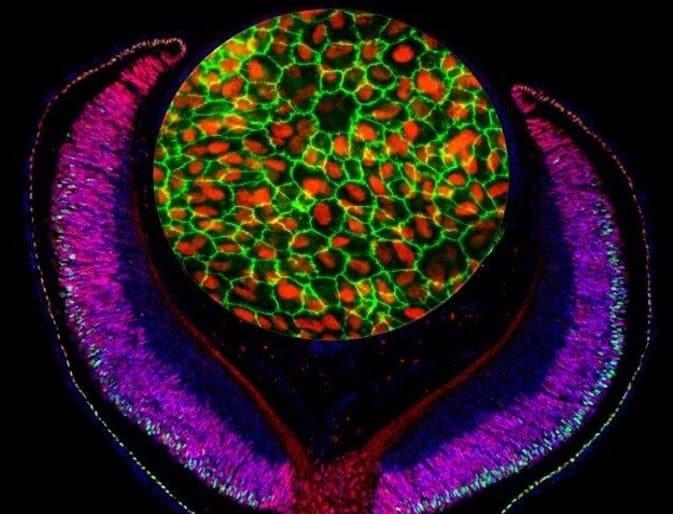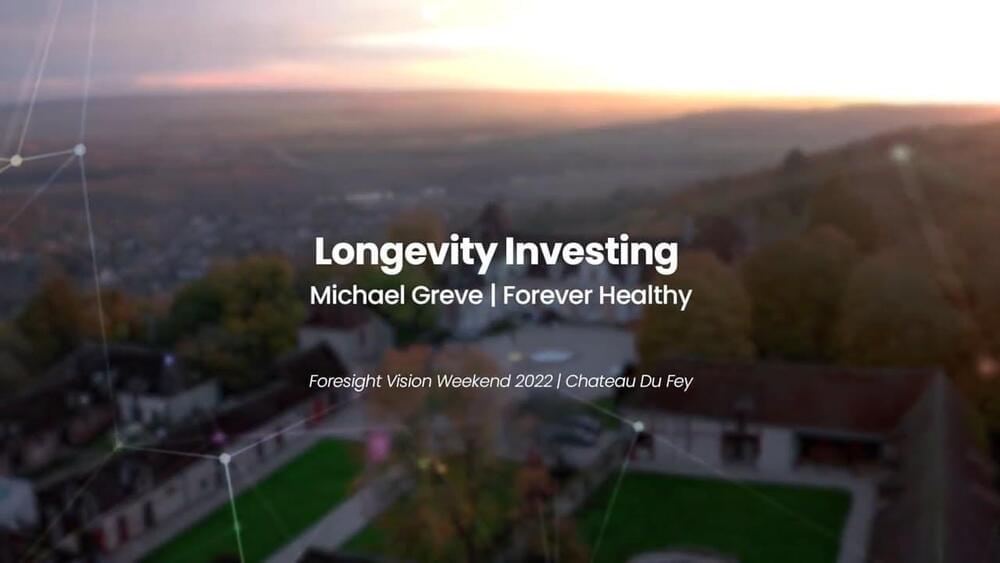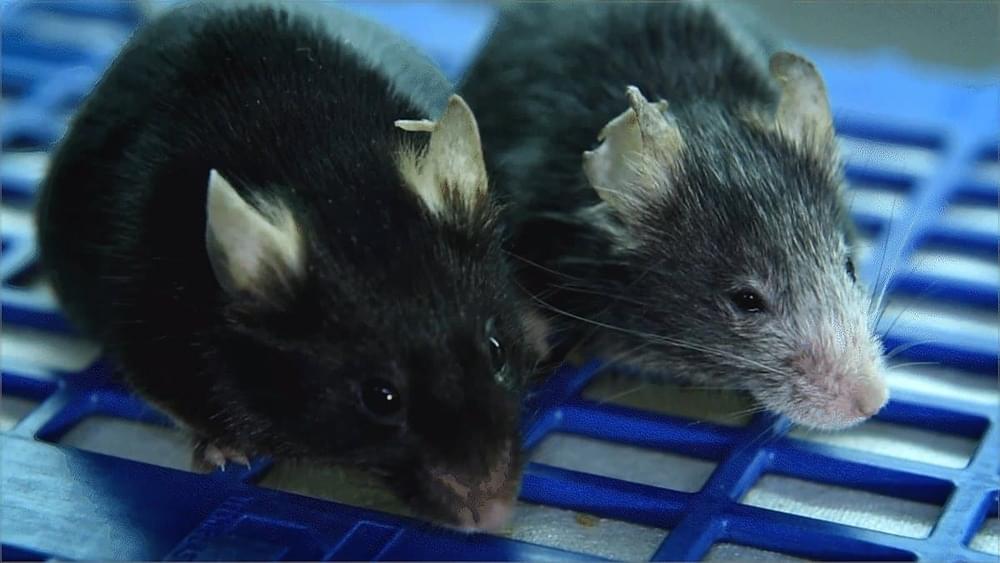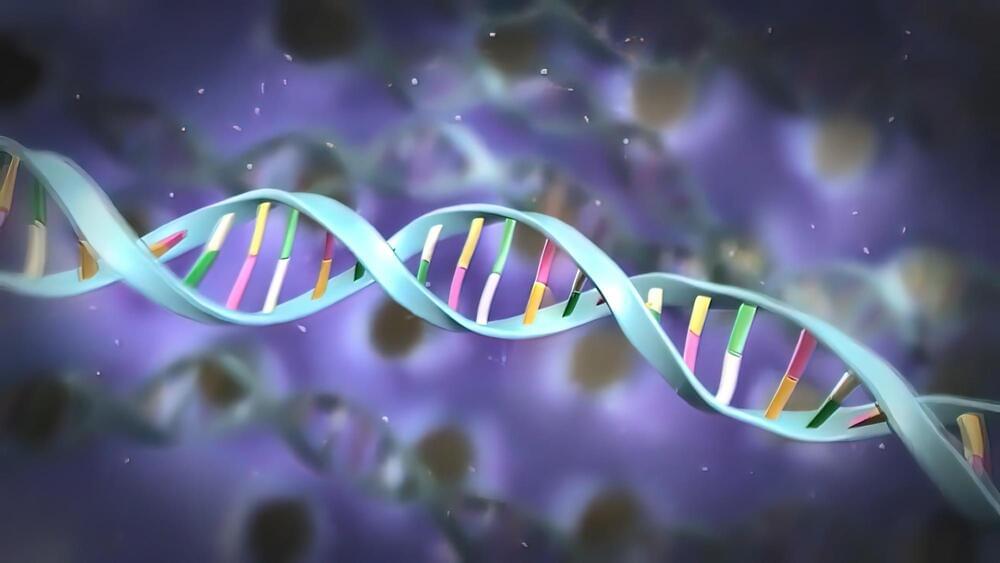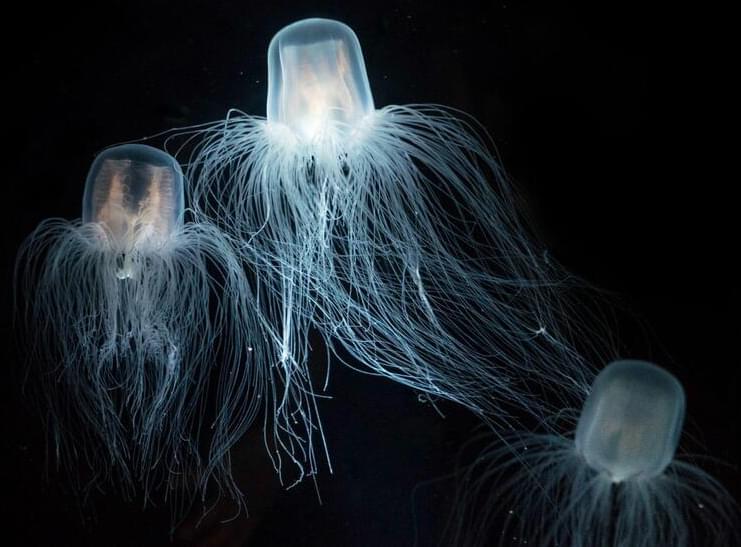Jan 18, 2023
Scientists make new discovery about reversing the ageing process
Posted by Paul Battista in categories: biotech/medical, genetics, life extension
Researchers look at DNA of lab mice and ultimately reverse ageing process Related: Empowered Aging Scientists have made a new discovery about how to reverse the ageing process through looking at the way in which cells in DNA are organised. In a new study published in Cell, David Sinclair, who is a professor of genetics at Harvard Medical School, and his team described how they looked at a genome, which is called epigenome, in mice to study the ageing process.

